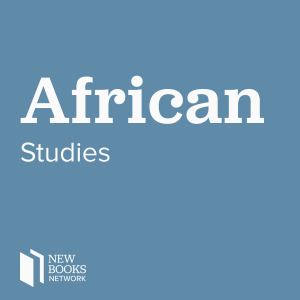
Maeve Ryan, "Humanitarian Governance and the British Antislavery World System" (Yale UP, 2022)
 2022-07-25
2022-07-25
Maeve Ryan’s new book Humanitarian Governance and the British Antislavery World System (Yale UP, 2022) highlights Britain’s early-nineteenth-century, Royal Navy seizures of slave ships and the processes involved in the “liberation” of these enslaved Africans. Nearly two hundred thousand Africans were resettled throughout the British Empire from Sierra Leone to St Helena, the British West Indies, and by treaties to Cuba and Brazil. From 1808 to the end of the Atlantic slave trade, abolitionists attempted to bring relief to these “liberated” Africans. Yet, the needs of Empire often clashed with the moral ideals of abolitionism creating then a “benevolent despotism.” Ryan’s work highlights these imperial experiments across time and the Atlantic and the manifestations of this resettlement. Ryan expertly claims that what Britain did during this period is the beginning ruminations “Humanitarian Governance”; that the evolution of what we today consider humanitarian relief has at its roots this “anti slavery mother.” Back then, the process of liberating Africans from the condition of slavery looked remarkably like slavery itself. But, this humanitarianism was – as Ryan puts it – “a new phenomenon.” Abolitionism evolved as did the processes of humanitarian relief.
Joseph Krulder is a historian of Britain's long eighteenth-century: cultural, social, military, and economic.
Learn more about your ad choices. Visit megaphone.fm/adchoices
Support our show by becoming a premium member! https://newbooksnetwork.supportingcast.fm/african-studies
More Episodes
Create your
podcast in
minutes
- Full-featured podcast site
- Unlimited storage and bandwidth
- Comprehensive podcast stats
- Distribute to Apple Podcasts, Spotify, and more
- Make money with your podcast
It is Free
- Privacy Policy
- Cookie Policy
- Terms of Use
- Consent Preferences
- Copyright © 2015-2024 Podbean.com





